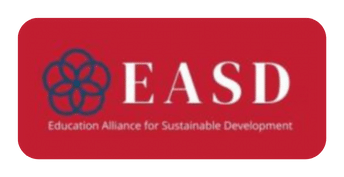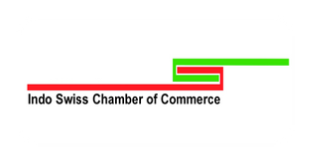SLX has launched Live Master Classes with deeper insights into sustainability, by industry experts. Enroll for the 45-minute session for free!

The certification course offers input from various experts from the industry. The course is validated globally with an industry-validated skills framework.

Do you want your job to be value-oriented? Or would you like your present job to shift focus towards meaning and value? Take this certification course and build what you are looking for!

The certification course will diversify your skillset. This will help you find better work opportunities in better companies!
The sessions will be delivered by world class faculty members with vast experience in the field of education and sustainability.
Our Certifications will help you integrate sustainable development processes and practices with ease into your deliverables & activities.
Our certification courses have comprehensive reference material on Sustainability, ESG, and many related topics.




You know it is a cruel joke when having a job does not mean that you will be free of poverty. “1 in 5 workers worldwide will either be living in extreme poverty or moderate poverty”, says the International Labour Organisation (ILO) in its recent report World Employment and Social Outlook, Trends 2020. If we truly want the earth’s future to work for everyone, we will need to start putting its people and environment first. Since today is “World Day of Social Justice”, let us take a moment and talk about the importance of putting people first and how this could help achieve sustainability.
The core purpose of social justice is to encourage equality among people within a country and between nations. This term is so imperative to the world, that on 26th November 2007, the United Nations decided that starting 2009, 20th February will be celebrated as the World Day of Social Justice. Since 2009, this day has been used to raise awareness about tackling poverty (SDG 1), exclusion, gender equality (SDG 5), unemployment (SDG 8), human rights (SDG 10), and social protection (SDG 16). 2020’s theme for the world day of social justice is on closing the inequalities gap. So, what is the current state of social justice?
It is clear that there are still some major gaps to fix before we achieve global social equality. And this is just barely scratching the surface. This is an issue that affects both developing and developed countries.
ILO believes that the only way we are going to eradicate social inequality and achieve social justice is by putting people at the heart of economic, social and environmental policymaking. This a step in the right direction, however, it is a difficult one. Putting people at the heart of the decision-making process means including everyone’s opinion. People from different communities and different economic groups will have different priorities and needs. Only by including all these diverse voices, will we encourage collective action. Through which we can hope to achieve social justice. 
At Swiss Learning Exchange (SLX), we believe that if we bring communities around the world together around the topic of sustainability, societies will have the opportunity to learn and assist from each other to create a sustainable future for all.